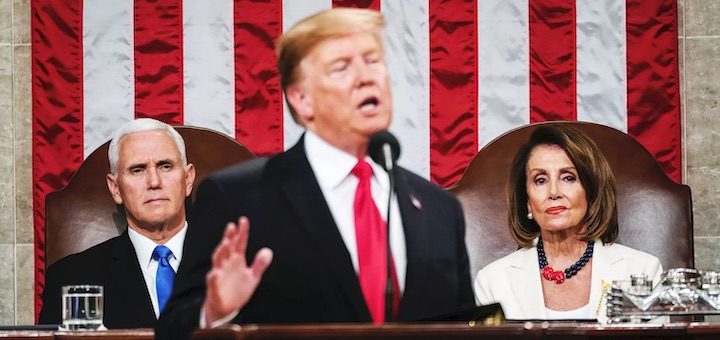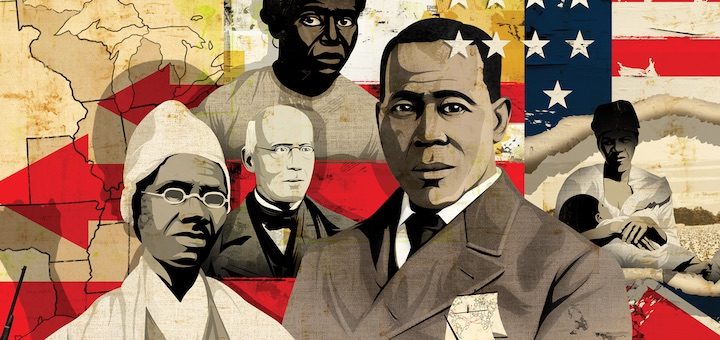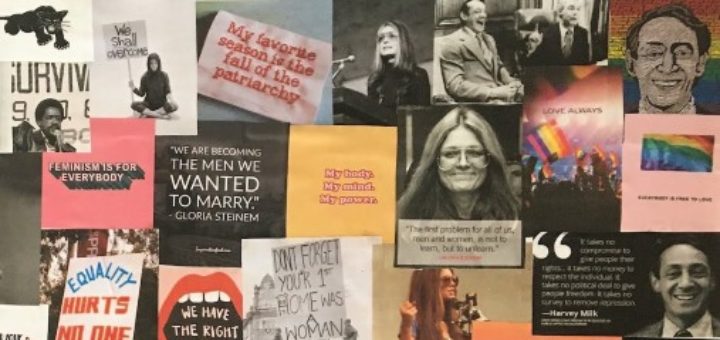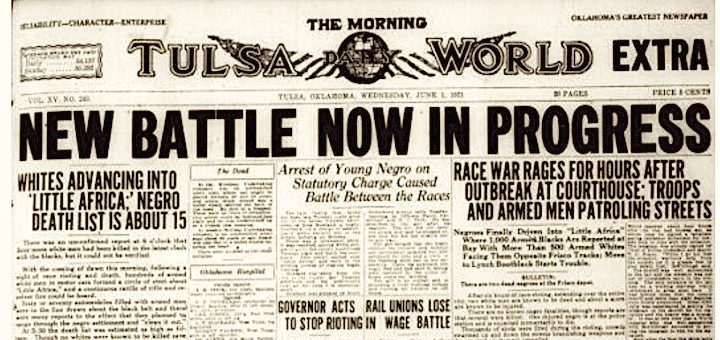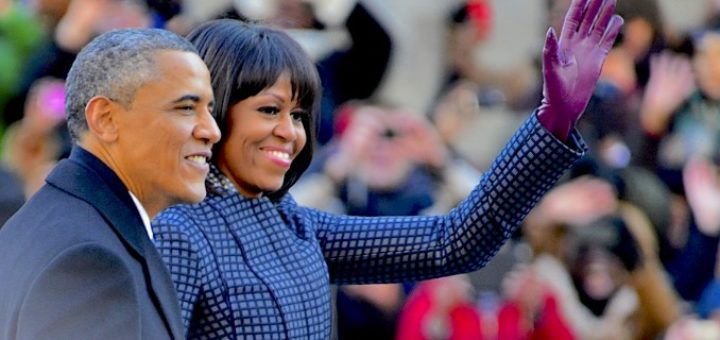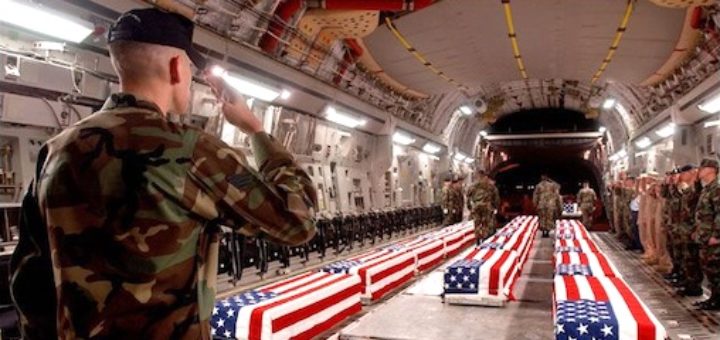Category: Future of History
After a spring of Zooming with established classes, Sarah Cooper finds new challenges using virtual breakout rooms this fall. Having to sort groups of unfamiliar students really makes a difference. She shares which breakout strategies still work and what needs extra care.
As Lauren Brown heads back to school for a year like no other, she considers how to combine academics and SEL support across the content areas. Along with activities for the first days of virtual or physical class, she offers three guidelines to engage kids all year.
Lauren Brown and Sarah Cooper conclude their 3-part exploration of what it means to teach U.S. History in 2020. With fall elections just ahead, they consider how to balance historical narrative and current events in classes that frequently reflect our divided nation.
How can social studies teachers sufficiently teach about systemic racism and oppression without making this lens the only way students see history and its connections to current events? Sarah Cooper and Lauren Brown continue their chat about teaching U.S. History in 2020.
Once Sarah Cooper’s 8th graders have finished their research papers on historical reformers, she has them to work in project groups to imagine which current cause their reformers might realistically support. Unexpected match-ups include Huey Newton and Sandra Day O’Connor!
The antiracist protests occurring across the country since the killing of George Floyd have led Lauren Brown and Sarah Cooper – two white female middle school social studies teachers – to consider even more deeply “how best to teach U.S. history.” Join the conversation.
The Chicago district where Lauren Brown teaches has wrestled with issues of equity centering around race with new urgency in recent years. Amid the pandemic and the rising Anti-Racist Movement, she believes part of the answer is deepening curriculum and teaching Black history throughout the year.
With her eighth graders’ online history podcast project now complete, Sarah Cooper shares six takeaways that have helped her imagine not only how to improve this assignment in future iterations, but how she can continue to grow as a teacher facilitating remote learning.
The pandemic has compelled Lauren Brown to draw on her answers to the core questions of teaching. The best she can offer her history students is clarity – to teach what she believes matters and why. “Because if it matters, my students will care. And if they care, they will learn.”
In response to the sudden shift to remote learning, history teacher Sarah Cooper has jettisoned her usual fourth-quarter Civil War unit and launched an opportunity for her 8th graders to create podcasts on challenging events in US history. Here’s the project in process.



